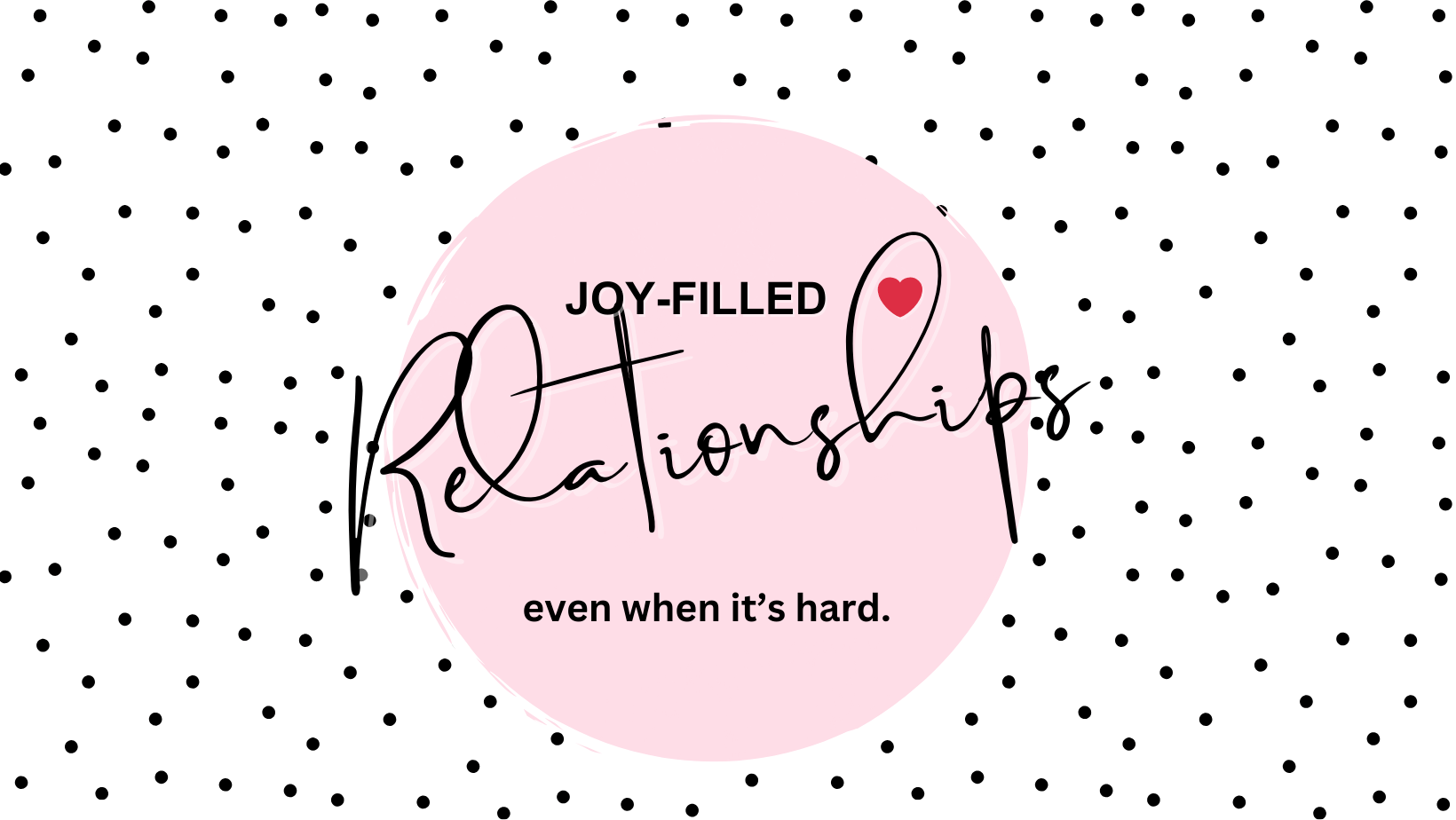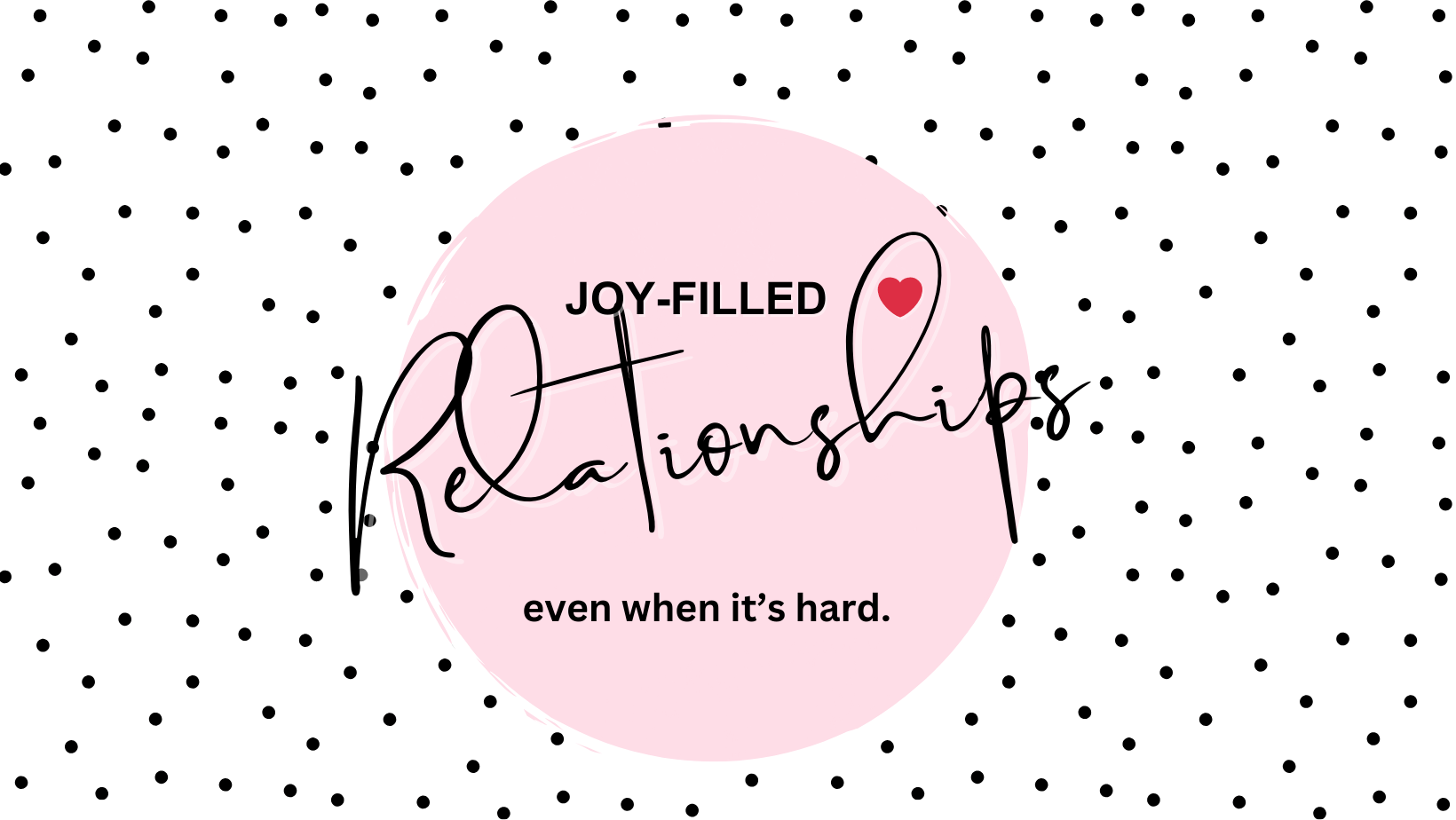It would be a nice reminder to respond to the “facts” about our life situations if people asked us, “What is true about your life today?”, or “What is going on that you can impact to make a difference?” This, possibly, could become a trigger to think on what is true about our lives as opposed to what we “feel” is true about our lives.
We can easily become overly concerned about what we ‘think” someone else is ‘thinking’ regarding us. When, in actuality, we or our situation may be the furthest thing from their minds. When I begin thinking along these lines, I often chuckle to remind myself that I am only ‘kind of a big deal’ in my own mind.
Picture a train, the engine is the power that drives it and the caboose (when used) served to house the crew responsible for track switching and acting as lookouts for load shifting or other concerns. If we regard the TRUTH about our lives as the engine of the train that drives us, we can move along empowered by making decisions based on what we know to be right.
If, on the other hand, we are led by our FEELINGS, it is as if we are letting the caboose engineer, (with a limited view), drive our life train and we become disempowered because we can be on a roller coaster driven by emotions and not truth. It is stressful and chaotic at best and ultimately results in, you guessed it, a train wreck!
Have you ever found yourself caught in the battle between facts and feelings? It's a tug-of-war that often leaves us wondering which should dictate our decisions and actions.
Facts are like sturdy pillars that form the very foundation of truth. They are objective and universally accepted. Facts are based on evidence, research, and practical observations.
When we rely on facts, we make informed decisions grounded in logic and reason. They serve as our compass, assisting us in navigating challenging situations, problem-solving, and discovering new perspectives.
On the other hand, feelings are subjective, personal, and intimately connected to our experiences. Our feelings are influenced by our values, beliefs, and unique life journeys, making them deeply personal and powerful. They bring color and light to our lives.
Feelings provide us with clues about our emotional well-being, and help us understand and empathize with others' experiences. Feelings fuel our creativity, compassion, and the pursuit of happiness, creating beautiful connections in our relationships.
Neither facts nor feelings exist in isolation. In fact, they each bring unique wisdom and insights to the table. Recognizing the importance of both is the key to achieving harmony in our lives.
We can use facts to assess situations objectively, gather information, and make informed decisions. But we must also acknowledge our feelings, honoring our emotions and considering the impact they can have on our choices. By carefully integrating logic and empathy, we can make decisions that are both rational and compassionate.
Remember, embracing facts does not mean dismissing feelings, nor does honoring feelings entail disregarding facts. Rather, seeking a balance between the two can guide us towards making choices that are not only rational but also emotionally fulfilling.
Understanding the mindset of facts versus feelings requires us to be intentional in cultivating a belief system that is grounded in the truth about any given situation. This is the truth about what is and not what only may be or could be. It is recognizing the things we have the power to change as well as the ones we will need to learn to accept because we cannot change them.
One way I have found to help in a dilemma about facts versus feelings is to journal the questions, “What am I feeling about the current situation I am facing?” and then, “What is true about the current situation I am facing?” This can really prove to be a game-changer if you are prone to lean into your feelings, which may be assumptions about the way you believe that something is going to turn out.
Our feelings follow our actions, which allows us to be able to choose to do the next basic right thing, when we aren't certain what to do.. This choice will serve us well in developing a belief system that, “what is fact is true”, and “what is assumed, is yet to be determined”.
It is certainly less stressful and more enjoyable to focus on what is true in our lives than make assumptions based on our feelings alone.
Until next time....
-Sheri xo
Sheri Geyer is a Boundaries Coach for Women
Are YOU Ready to create Joy-Filled ❤️Relationships.... even when it's hard? If so, we need to talk!
I'd like to invite you to Sign Up for My Free Weekly Mastermind Group beginning June 18, 2024 on Tuesdays at 12 noon EDT, https://joyfilledrelationships.com/page/mastermind
Would you like to learn more about establishing healthy boundaries so that you can cultivate relationships that bring more joy? Join me on a 5-day Journey to do a deeper dive into discovering how you can find and maintain more joy-filled relationships... Sign up for Free here: https://joyfilledrelationships.com/landing/five-days



0 Comments